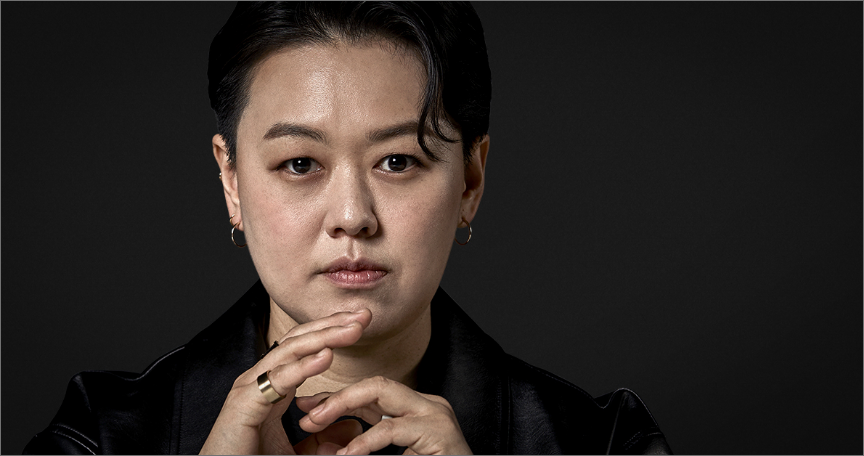I like to challenge myself. Failure doesn’t scare me — if I set my mind on something, I just go through with it. I believe that there is no such thing as impossible. Even when everyone else backs out, I take a step forward.
We learn a lot from failure. Everyone fails, but not everyone knows that there are plenty of opportunities hidden in our failures. There is no need to be intimidated because failures help us broaden our horizons. Looking back, even when I failed to succeed, that experience was always rewarding.
Everyone wants to be Superman these days, but you cannot be good at everything. I fail too, however, at least I know that I gave it my best shot. When I don’t succeed, I examine what went wrong and focus on what I have learned from this experience.
 Facebook
Facebook  Twitter
Twitter  Reddit
Reddit  LinkedIn
LinkedIn  Email
Email  Copy URL
Copy URL 






